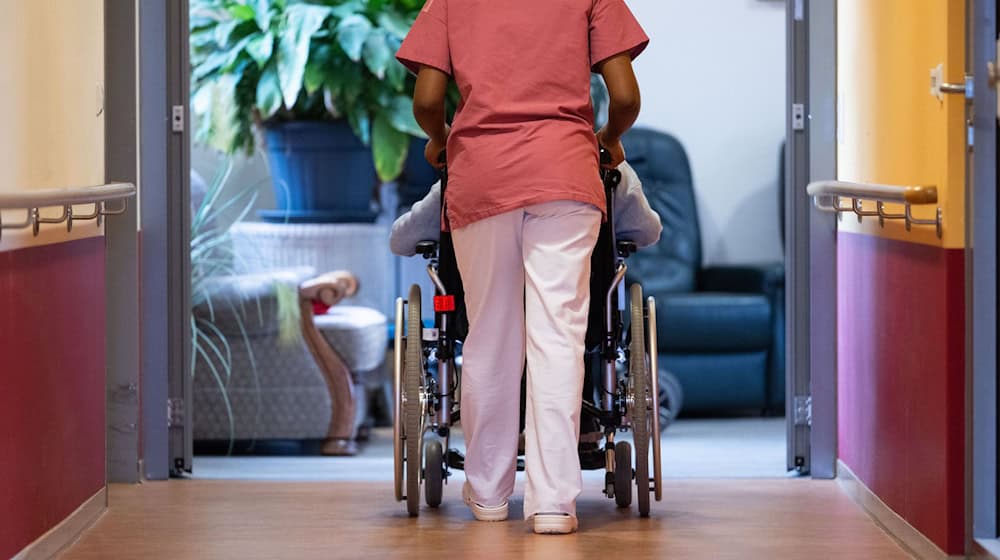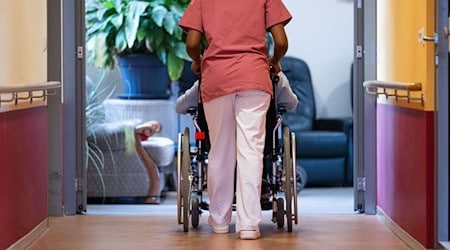The AfD in the Saxon state parliament believes that the Free State of Saxony has a duty to provide care. "It is irresponsible to pass the rising costs of care on to senior citizens and their families alone. With their often meagre pensions, many care home residents are unable to pay the hefty price increases," explained AfD parliamentarian André Wendt. This degrades people to petitioners to their children or the social welfare office. "This anti-social policy is eating up the retirement provisions of entire families."
According to the latest figures, the personal contribution in care homes in Saxony has more than doubled within five years. For new nursing home residents, the amount has risen to an average of €2,667 in the first year. In 2019, it was still 1,279 euros. Wendt, deputy president of the state parliament, called on the Saxon government to take countermeasures. The co-payments for professional care could be reduced if the Free State were to cover the investment costs of the facilities.
"We have also been proposing a state care allowance for a long time. We want to enable family members to care for their parents or grandparents at home. This model is more social and even cheaper than inpatient care," said Wendt, referring to experiences in the Netherlands. The AfD parliamentary group had recently launched a campaign to draw attention to urgent problems in the care sector.
A few days ago, the VDEK association of health insurers compiled figures on care costs in Germany. There are regional differences in the co-payments. On average, a place in a care home in the first year of residence is currently most expensive in North Rhine-Westphalia at 3,200 euros per month and in Baden-Württemberg at 3,180 euros. The lowest co-payment is in Saxony-Anhalt at 2,373 euros.
Copyright 2024, dpa (www.dpa.de). All rights reserved










